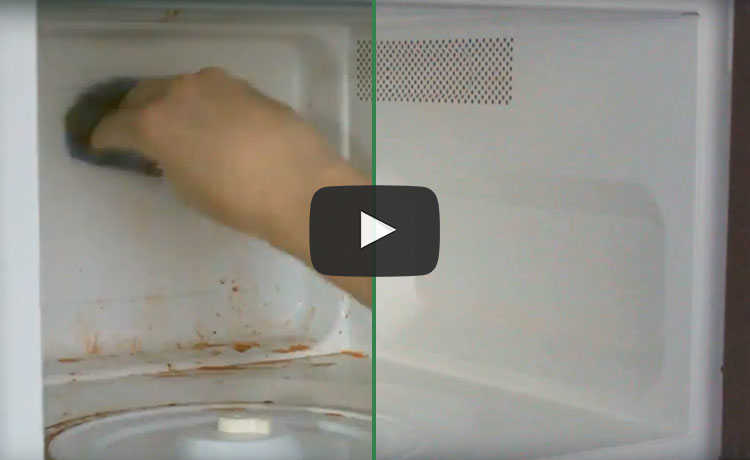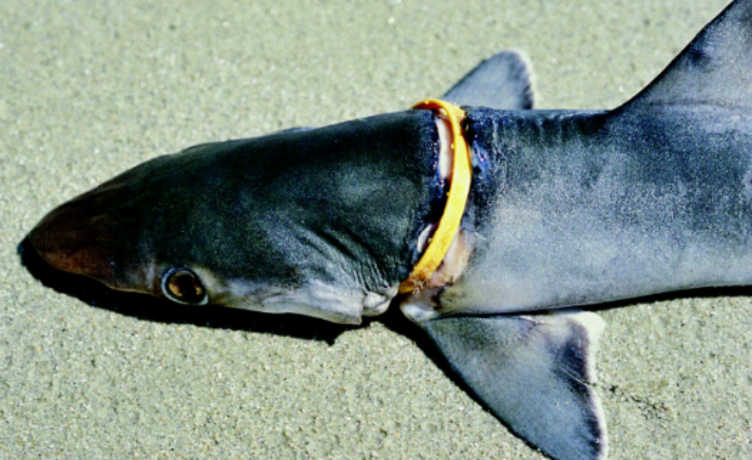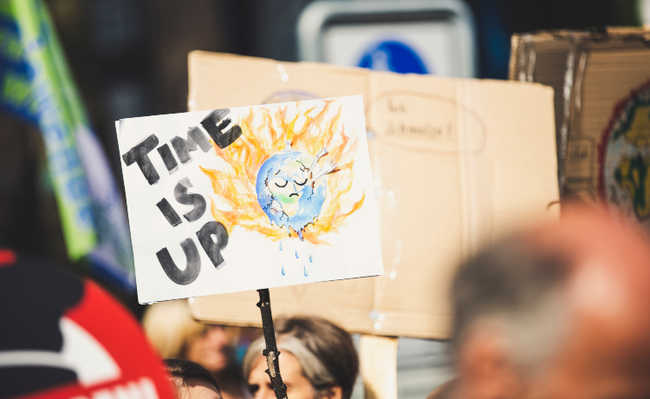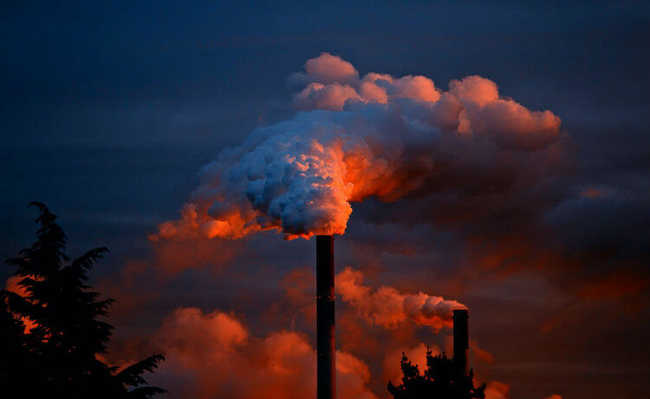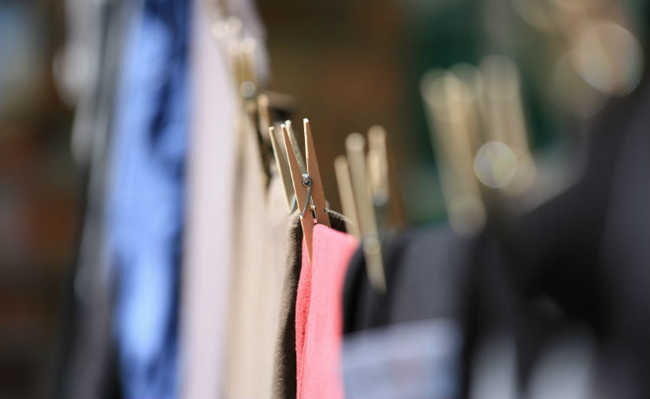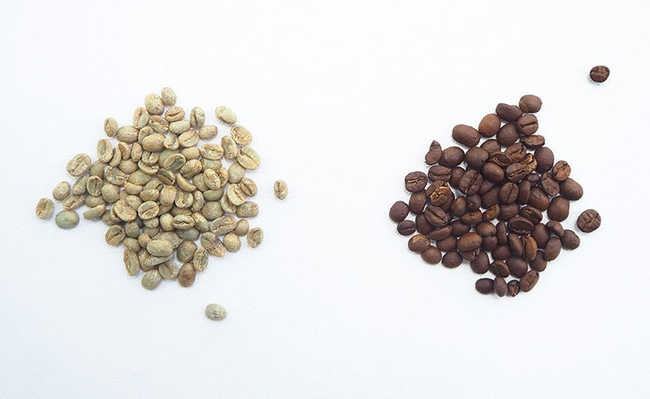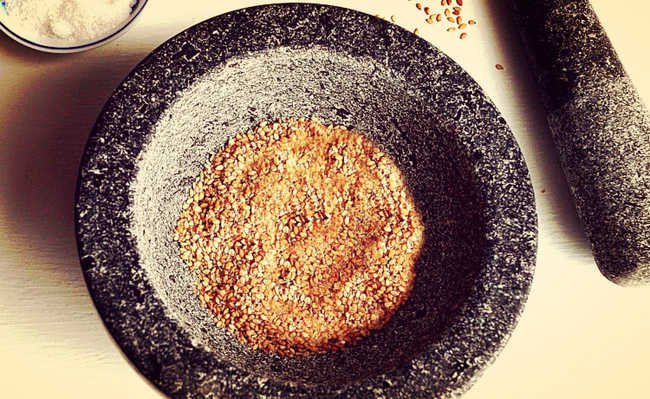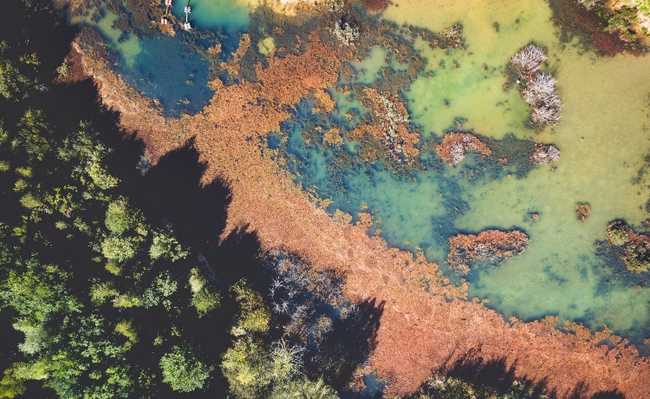Brazil joins the UN Environment Clean Seas campaign
Clean Seas Campaign aims to combat ocean pollution caused by the consumption and production of plastic

Brazil officially announced its support for the Clean Seas campaign, at a parallel meeting of the United Nations General Assembly, in New York, between Environment Minister Sarney Filho and the head of the United Nations Environment Program , Erik Solheim. The meeting took place on September 19th.
As the ninth global economy and a historic leader in environmental protection, Brazil's statement of support gives a significant boost to the campaign, which now boasts 30 member countries and aims to “turn the plastics tide” by inspiring action by governments, businesses and individuals.
“Brazil's support for this campaign is crucial. It highlights the size of the problem and the scale of the response we need to see,” said Solheim. "We need more political attitudes of this kind – the kind that sends a very clear message: we can't afford to keep turning our oceans into a sea of rubbish."
The announcement reinforces the Brazilian government's commitment to developing the National Plan to Combat Garbage at Sea and support the creation of the South Atlantic Whale Sanctuary and Marine Protected Areas. “The ecological services provided by the oceans are essential for the population and Brazil has been taking a series of measures to ensure the conservation of marine and coastal ecosystems,” said Minister Sarney Filho.
Plastic has long been identified as one of the main causes of environmental damage and health problems: it pollutes environments, kills birds, fish and other animals that confuse them with food, damage agricultural land, degrade tourist destinations and can serve as breeding sites for dengue, zika and chikungunya mosquitoes.
The numbers for the use of plastic, however, keep growing. In 2016, 5.8 million tons of plastic products were produced in Brazil. Globally, by 2015, humanity produced 8.3 billion tons of plastic. Of this amount, about 6.3 billion have already been discarded and about 8 million tons of plastic reach our oceans every year. Much of this volume is made up of disposable items, such as cups, bags, straws, bottles, and microplastics (small particles), including microspheres used in cosmetic products.
In this alarming context, the Clean Seas campaign calls for government support by creating effective national laws and encouraging businesses and citizens to develop new and more sustainable patterns of production and consumption. A recent example comes from Chile, which announced a law banning plastic bags in its coastal cities.
By joining the Mares Limpos campaign, Brazil joins Colombia, Ecuador, Peru and Uruguay, becoming the fifth country in Latin America to embrace the campaign. Around the world, Indonesia has pledged to reduce its marine litter by 70% and Canada has added microspheres to its list of toxic substances, while New Zealand, the UK and the US have announced a ban on microspheres in cosmetics and personal hygiene .
about the campaign Clean Seas (Clean Seas in Brazil)
Launched at the World Ocean Conference in Bali, the UN Environment's #CleanSeas campaign urges governments to enact plastic reduction policies, the industry to minimize plastic packaging and redesign products, and invites consumers to change their disposal habits before irreversible damage is done to our seas. In Brazil, the #MaresLimpos campaign was launched on June 7, adapting global efforts to the Brazilian context.
Source: ONUBR

